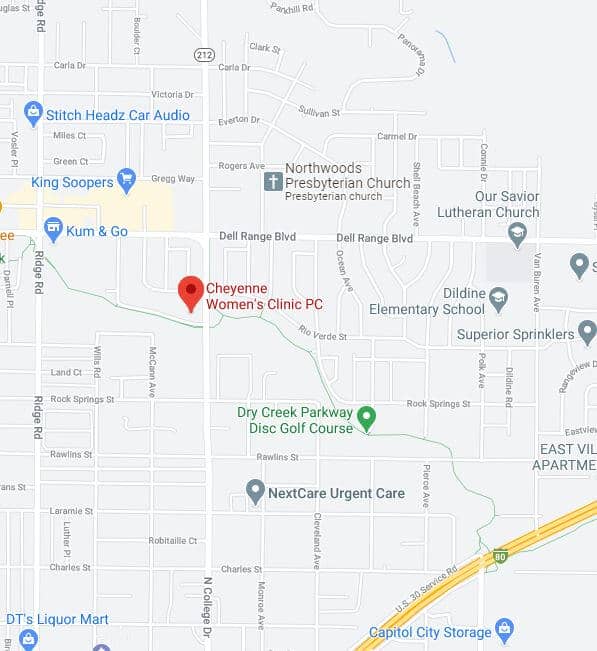The DEXA Scan is a bone density test (or bone mineral density test) that measures your bone strength and is used to help diagnose osteoporosis. We recommend this test for all women 65 and over, those with certain osteoporosis risk factors such as smoking or family history of osteoporosis, and all postmenopausal women with fractures.
DEXA stands for Dual Energy X-Ray Absorptiometry, and the test measures the bone density in your spine or hip to help gauge your fracture risk. Two x-ray beams with different energy levels are aimed at your bones. Your provider can determine your bone density based on the absorption of each beam by the bone.
We do the DEXA scan right in our office. Scanning usually takes 10 to 20 minutes to complete and is painless. There are no known risks associated with having the DEXA bone density test. The results help to screen for osteoporosis and determine the need for preventative treatments and medications.
About Osteoporosis
Osteoporosis is a condition in which your bones become thin, brittle, and weak, which leads them to become more likely to fracture. It occurs five times more often in women than in men and is most frequent after menopause.
One of the roles of the female hormone estrogen is to keep your bones dense and strong. About a year before reaching menopause, your ovaries drastically reduce their production of estrogen. With that protection gone, the bones of most women gradually become weaker.
Other than menopause, risk factors for osteoporosis and related fractures include:
- Taking certain medications
- Diseases such as inflammatory bowel disease, rheumatoid arthritis, and lupus
- Not getting enough calcium or Vitamin D
- Too much Vitamin A, caffeine, salt, or alcohol
- Lack of physical activity
- Smoking (including breathing second-hand smoke)
- Having a parent who had a hip fracture
Symptoms
You may have osteoporosis for years and not even know it. The first sign you may notice is a curve developing in your spine that causes your shoulders to hunch forward. This is related to fractures in the front part of your vertebrae. These fractures typically cause no pain, but sometimes result in pain that radiates from the back to the sides of the body.
Testing for Osteoporosis
The best way to determine whether you have osteoporosis or if you are at risk is through a bone mineral density test, which measures the strength of your bones. The most accurate measurement is through the DEXA test.
Treating Osteoporosis
There are different kinds of medications to treat osteoporosis, including ones that can slow bone loss and ones that can increase your normal rate of bone formation. Talking with your provider can help determine if medication for your osteoporosis, and what kind, is right for you.
Preventing Osteoporosis
Exercise, eating healthy, and not smoking can help keep your bones healthy and strong. Exercise increases bone mass and slows bone loss once you reach menopause. The best exercise for healthy bones is weight-bearing exercise that forces your muscles and bones to work against gravity. Brisk walking, Tai Chi, yoga, Pilates, and strength training with weights or resistance are all excellent exercises for good bone health.
Another way to have healthy bones is to make sure you have plenty of calcium in your diet, as well as the Vitamin D to help your body absorb it. Good sources of calcium include dark, leafy vegetables, dairy foods, and canned fish with soft bones (think salmon and sardines). There are many foods fortified with Vitamin D, including orange juice and milk. Being in the sun for about 15 minutes a few days a week also gives your body Vitamin D.
If you fall within the recommended testing parameters and haven’t had a DEXA Scan, talk to one of our providers about scheduling one. Call for an appointment, 307.637.7700.







